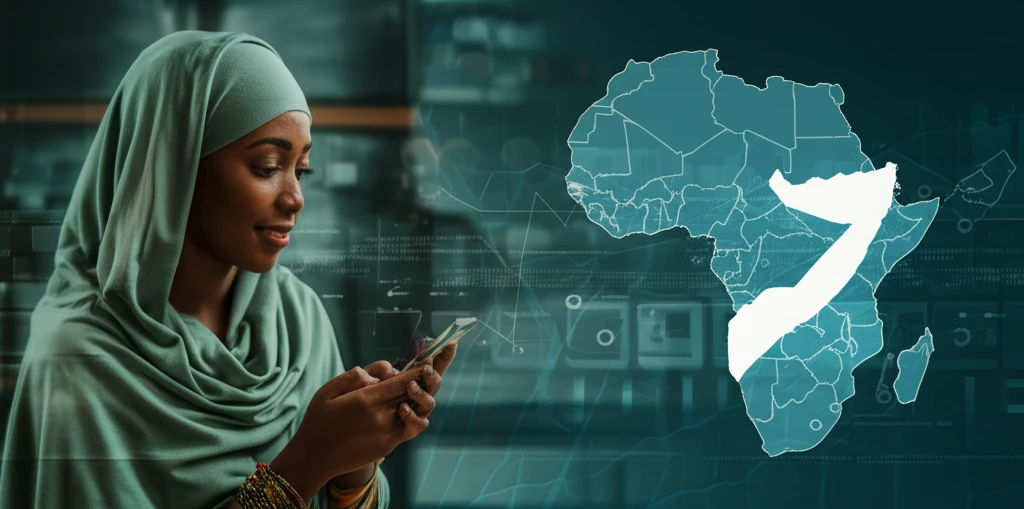
Somalia's Mobile Money Revolution: A Model for African Growth?
"Despite challenges, Somalia's booming mobile money market offers vital lessons for financial inclusion and economic resilience across Africa."
Somalia, a nation often associated with fragility and underdevelopment, is quietly leading a financial revolution powered by mobile money. According to the World Bank's Somalia Economic Update (SEU), the country's economy is projected to grow at an annual rate of 3-4%, largely fueled by its exceptionally active mobile money market. This growth is particularly noteworthy given the backdrop of recurring droughts and institutional challenges.
The SEU report, titled 'Rapid Growth in Mobile Money: Stability or Vulnerability?', highlights the transformative impact of mobile money in Somalia. With over 70% of adult Somalis regularly using mobile money services, the country has leapfrogged traditional banking systems, creating a unique financial ecosystem. This widespread adoption offers valuable insights for other African nations striving for greater financial inclusion and economic stability.
This economic narrative contrasts sharply with the difficulties Somalia has faced. In recent years, severe droughts have decimated livestock and crop production, significantly impacting the nation's exports. The volume of live animal exports, which account for more than 70% of Somalia's export earnings, declined dramatically, underscoring the economy's vulnerability to climate-related shocks.
The Rise of Mobile Money in Somalia

Somalia's mobile money market is not just active; it's a global leader. With approximately 155 million transactions worth $2.7 billion recorded each month, it surpasses many other African countries. This widespread use has effectively replaced cash transactions for the majority of Somalis, offering a secure and efficient way to conduct daily business. This digital transformation presents both exciting opportunities and potential vulnerabilities.
- Ubiquitous Access: Mobile money is accessible even in remote areas, bridging the gap where traditional banks are absent.
- Reduced Risk: It offers a safer alternative to carrying cash, reducing the risk of theft and loss.
- Efficiency: Transactions are quick and easy, saving time and resources for both individuals and businesses.
- Financial Inclusion: It brings financial services to a large segment of the population previously excluded from the formal banking system.
Lessons for Africa
Somalia's experience with mobile money offers valuable lessons for other African nations seeking to promote financial inclusion and drive economic growth. By embracing digital financial technologies and developing appropriate regulatory frameworks, countries can unlock new opportunities for their citizens and build more resilient economies. The Somali model, while not without its challenges, demonstrates the transformative potential of mobile money in even the most challenging environments.
